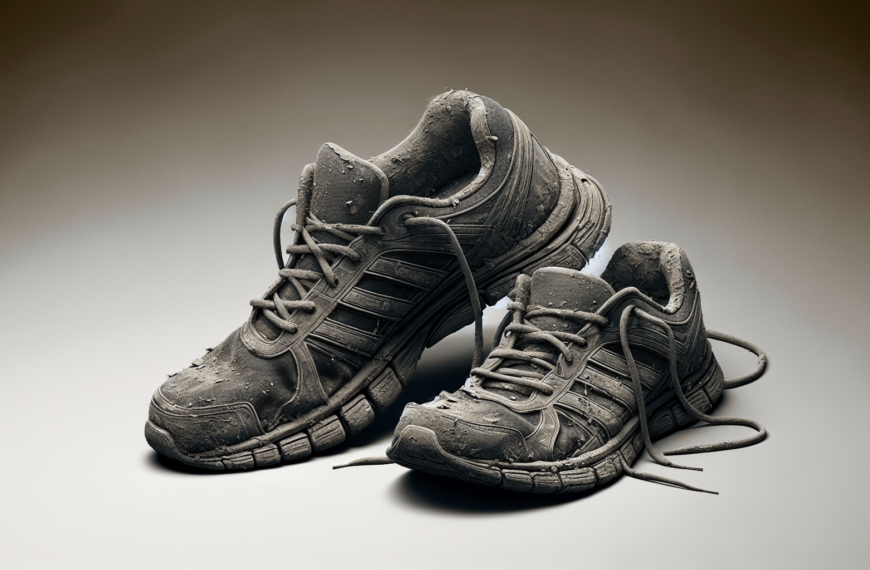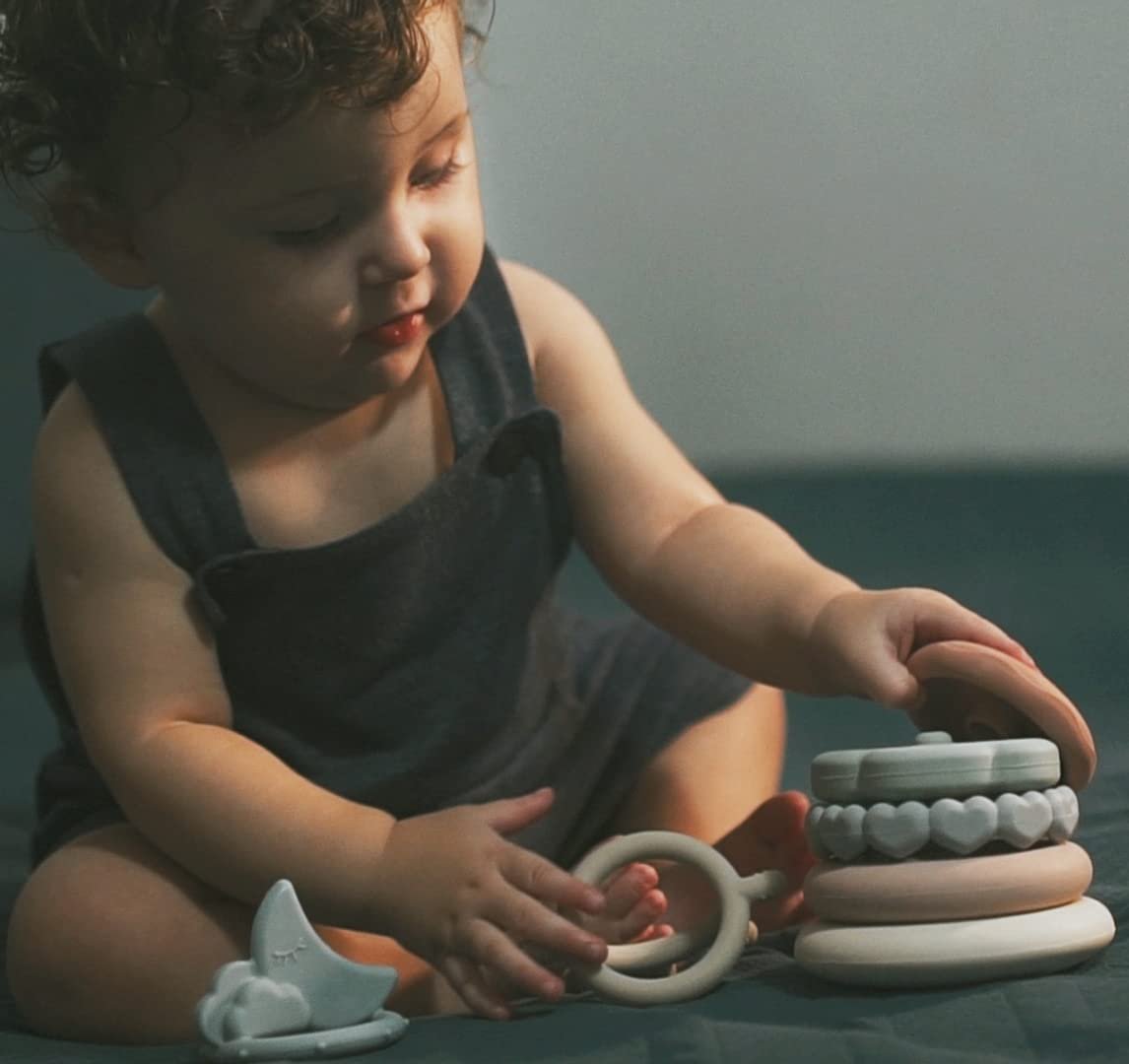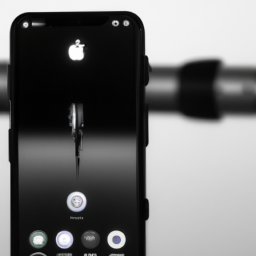Thumb-sucking is a natural behavior for infants and young children, with studies showing that approximately 90% of newborns exhibit some form of sucking reflex or hand sucking within hours after birth. While it is adorable to witness this self-soothing habit, parents often worry about the implications it may have on their child’s oral health and overall development. This article explores the pros and cons of thumb-sucking, as well as alternative options, with the goal of helping parents understand how to address and eventually stop this habit. From considerations of dental health to the benefits and drawbacks of pacifier use, parents can gain valuable insights and guidance in navigating this developmental phase with their child.
Read more about the latest articles
Pros of Thumb-Sucking
Thumb-sucking behavior in infants and young children is considered normal and should not pose any permanent issues if it ceases by the age of 5. While the positive aspects of thumb-sucking are often overlooked, research suggests that there may be benefits to this common habit. A study conducted in New Zealand followed individuals born in 1972-1973 until their 38th birthday and found that those who had an “oral habit” of thumb-sucking or nail-biting had a lower prevalence of allergies compared to those who did not engage in these habits. This protective effect was still present at age 32. This suggests that thumb-sucking may have a protective effect against allergies, potentially due to exposure to oral bacteria early in life.
Thumb-Sucking Cons
While thumb-sucking is generally considered normal and harmless, prolonged thumb-sucking can lead to potential problems. The eruption or breaking through of the front teeth can indicate when thumb-sucking may start causing issues. Bite issues or protruding front teeth may arise at this stage. Prolonged thumb-sucking can also affect the proper growth of the mouth and alignment of teeth, potentially leading to changes in the roof of the mouth. If the bite does not correct itself and the upper adult teeth stick out, orthodontic treatment may be required to realign the teeth and prevent broken front teeth. Additionally, intense thumb sucking can cause sore thumbs, infections, and calluses.
Pacifier Pros
Using pacifiers is considered harmless for babies and infants and can offer several benefits. Pacifiers have been found to have analgesic effects, meaning they can help soothe and comfort infants during stressful situations. They can make the end of a feeding, transitioning to a new environment, or undergoing minor medical procedures more bearable. For preterm infants, pacifier use has been shown to lead to shorter hospital stays, which is beneficial for both the baby and parents. Additionally, pacifiers can reduce the risk of sudden infant death syndrome (SIDS) when offered to infants from one month and older at bedtime.
Pacifier Cons
While pacifiers can be beneficial, there are potential downsides to prolonged pacifier use. One concern is that pacifiers could negatively impact breastfeeding, causing difficulties for both the baby and the mother. However, with proper education and guidance, pacifier use can be introduced without interfering with breastfeeding. Extended use of pacifiers can also increase the risk of dental malocclusion, which affects how the teeth align. Adverse dental effects are more likely to become noticeable after two years, especially if pacifier use continues beyond four years. Furthermore, pacifier use can be associated with an increased risk of otitis media, an ear infection. Gradually weaning children off pacifiers during the second six months of life can help prevent this.
Read more about the latest articles
Is Thumb-Sucking or Pacifier Use Less Damaging?
Experts suggest that pacifiers may be preferable to thumb-sucking for several reasons. Pacifiers are softer and cause less damage to the teeth compared to the prolonged pressure exerted by thumb-sucking. Additionally, the plastic rim on pacifiers can alleviate some tension on the teeth. From a hygiene perspective, pacifiers are also easier to clean, promoting better oral health than constant thumb-sucking. While thumb-sucking is considered a natural behavior, pacifiers offer these advantages and may be a more favorable option for parents.
How To Stop Thumb-Sucking
Parents who want to help their child stop thumb-sucking can try several techniques. One approach is to praise and reward the child for refraining from thumb-sucking. Offering praise and small rewards, such as stickers on a calendar, can motivate the child to continue the positive behavior. It is also essential to identify the underlying causes of thumb-sucking and offer comfort through alternative means. Providing reassurance, comfort, and introducing comforting substitutes, such as pillows or stuffed animals, can help address the underlying emotional needs driving thumb-sucking. Finally, gentle reminders can be used to encourage the child to stop the habit gradually. By using a compassionate approach and providing understanding and support, parents can support their child in breaking the habit in a positive and nurturing manner.
Overall, thumb-sucking and pacifier use both have their pros and cons. Parents should be aware of the impact these habits can have on their child’s oral health and development. Monitoring the intensity and duration of thumb-sucking and pacifier use can help address any potential issues early on and guide children through this phase of development. With a caring and supportive approach, parents can ensure the healthy growth and development of their child.















